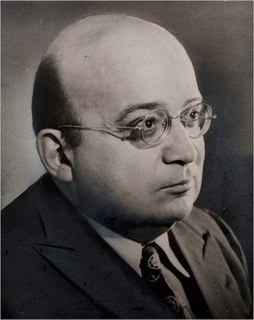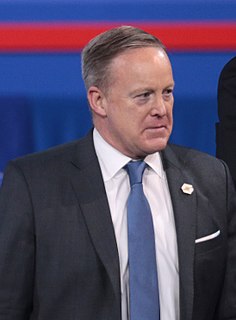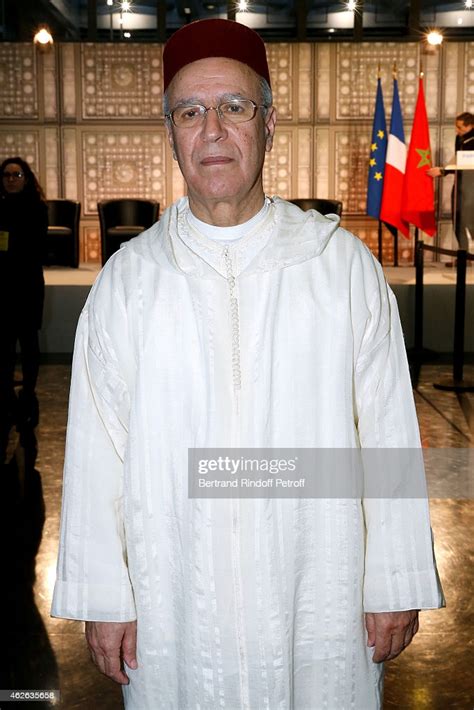A Quote by A. J. Liebling
The function of the press in society is to inform, but its role in society is to make money.
Related Quotes
Money is what fueled the industrial society. But in the informational society, the fuel, the power, is knowledge. One has now come to see a new class structure divided by those who have information and those who must function out of ignorance. This new class has its power not from money, not from land, but from knowledge.
So what needs to be done is to spread the idea that anxiety is inappropriate. It's sort of like we who are psychedelic have to function as sitters for society, because society is going to thrash, and resist, and think it's dying, and be deluded, and regurgitate unconscious material, and so forth and so on. And the role then, I think, for psychedelic people is to try and spread calm.
A dreaded society is not a civilized society. The most progressive and powerful society in the civilized sense, is a society which has recognized its ethos, and come to terms with the past and the present, with religion and science. With modernism and mysticism, with materialism and spirituality; a society free of tension, a society rich in culture. Such a society cannot come with hocus-pocus formulas and with fraud. It has to flow from the depth of a divine search.
































